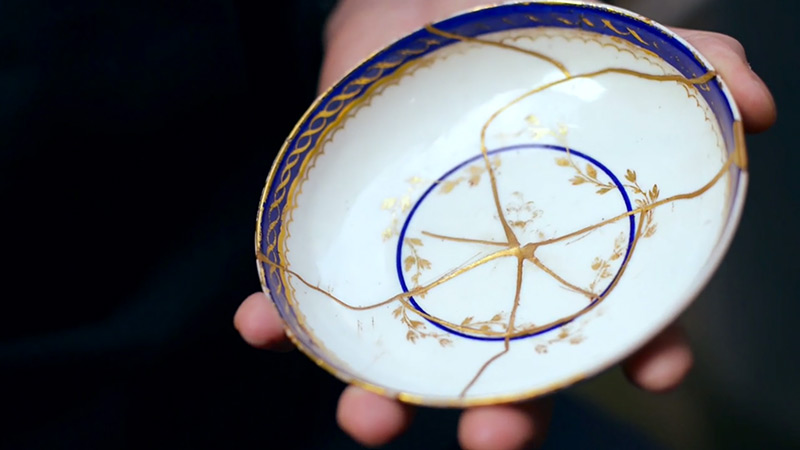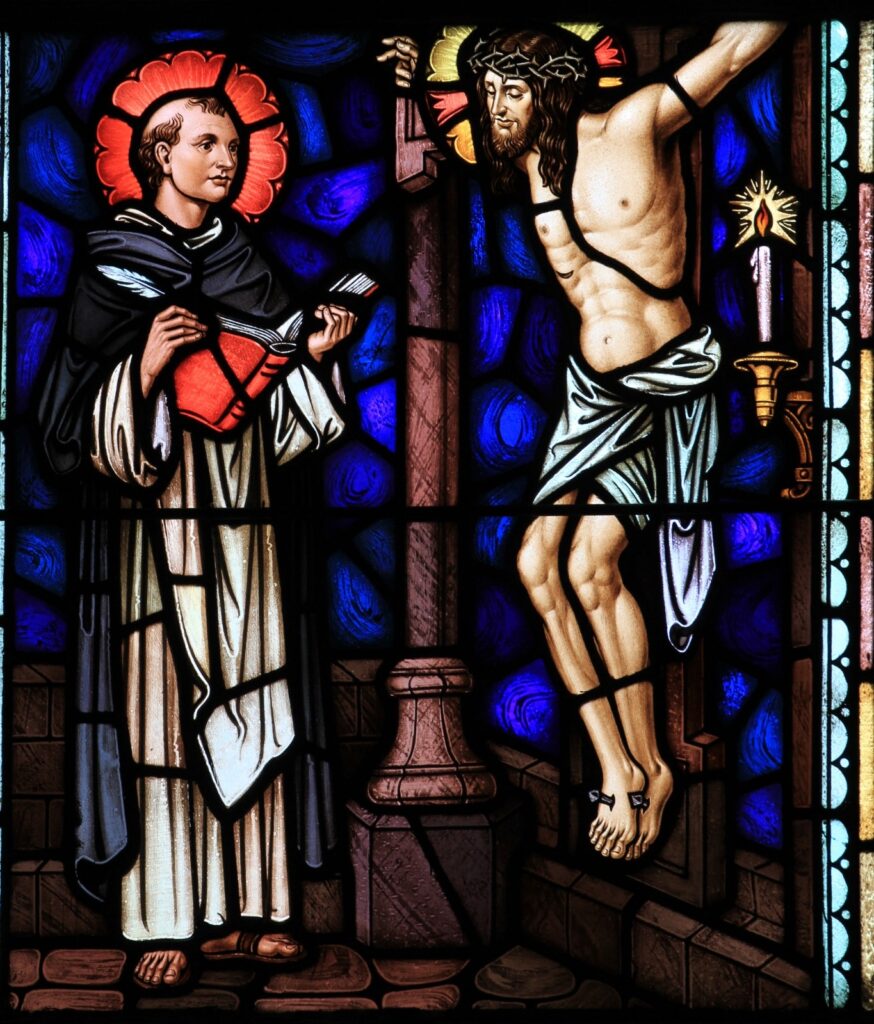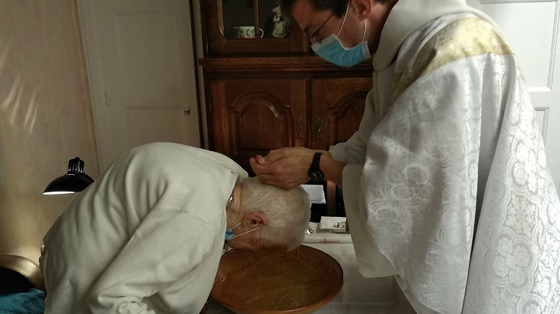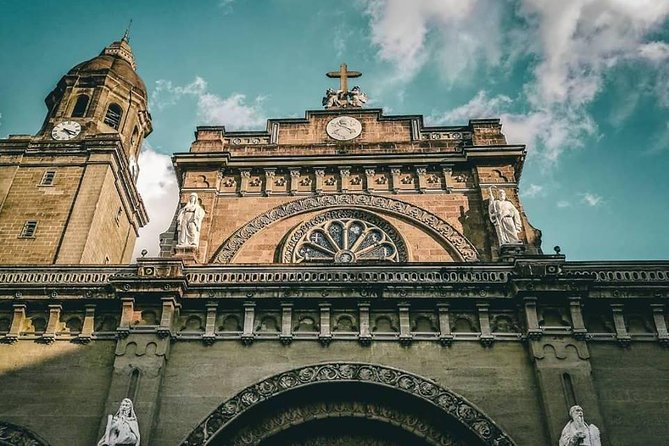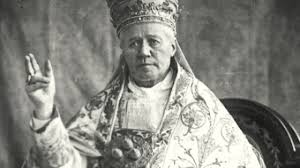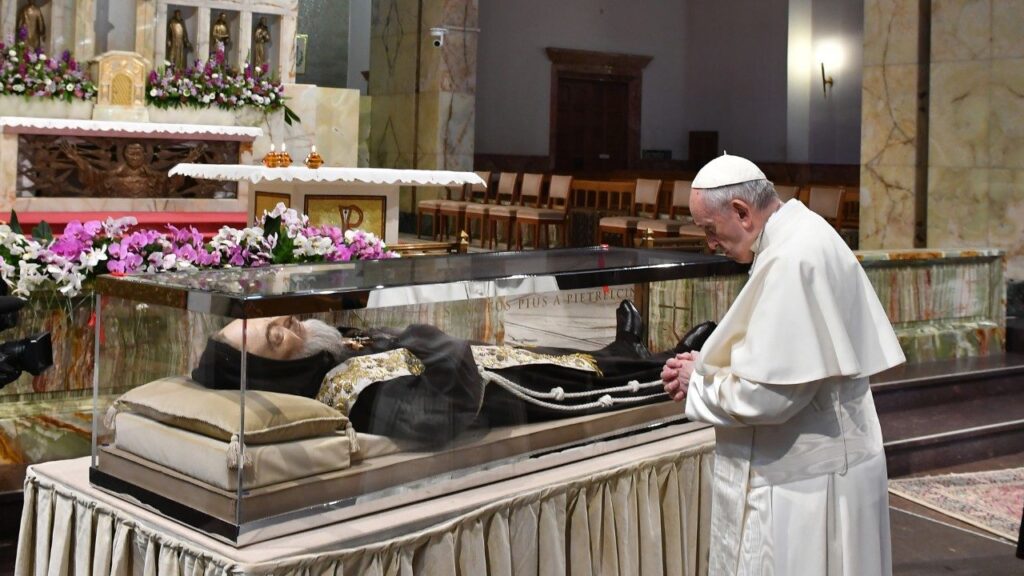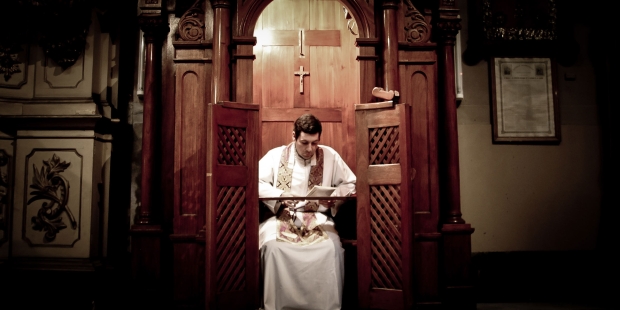Have you heard of kintsugi? According to Wikipedia, “Kintsugi (“golden joinery”), also known as kintsukuroi (“golden repair”), is the Japanese art of repairing broken pottery by mending the areas of breakage with lacquer dusted or mixed with powdered gold, silver, or platinum.” The result? The repaired pottery is more expensive than the original. In a way, that’s what confession does to our souls: it repairs us and makes us more valuable.
